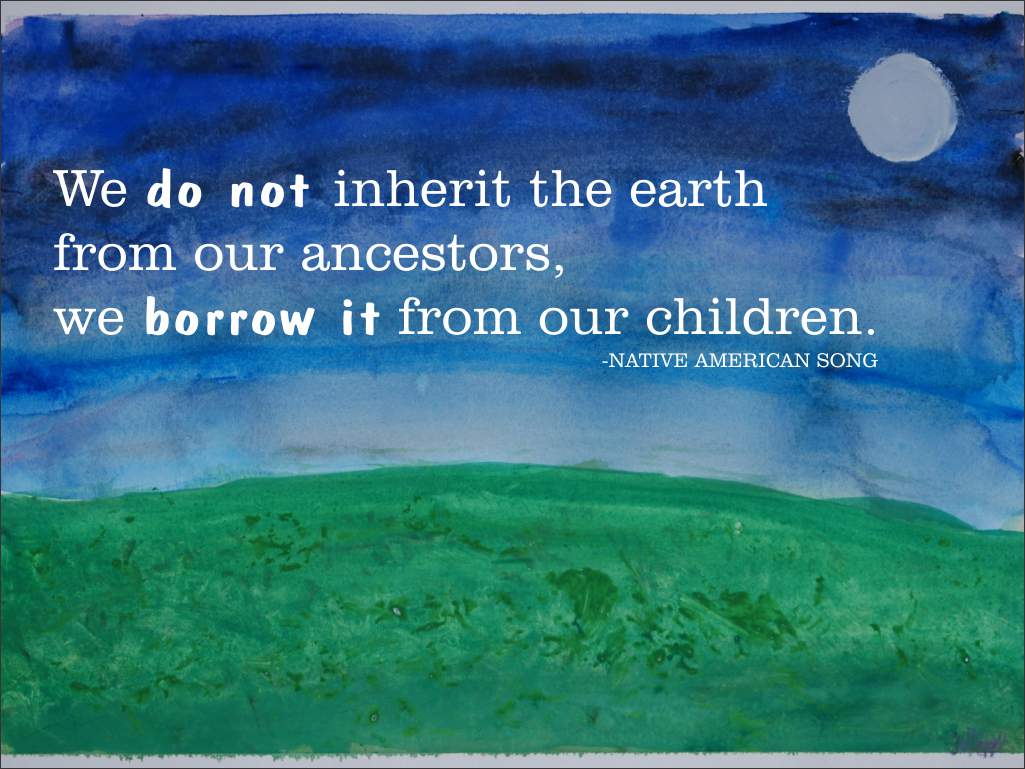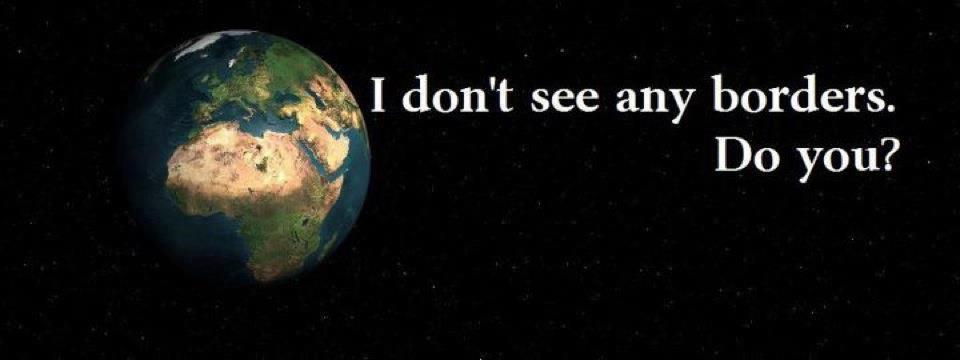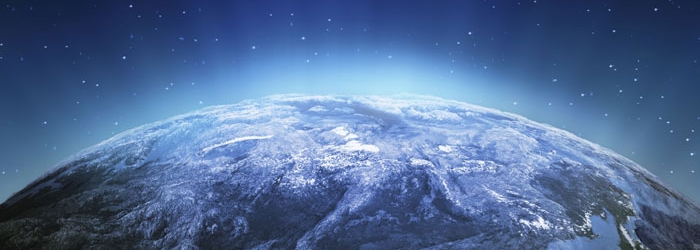Now more than ever those who can read the signs of the times and accept the science of climate change must move from passivity to activity. Although climate change is certainly a global issue, actions must begin at the local level, in our own backyards. Mayors are in the forefront of sustainability issues and a number of them have shown tremendous initiative in addressing issues at the local level. A key concern of municipalities throughout the United States is that the federal government cannot be regarded as a source of leadership on climate change.
The series of questions that follows is designed for you to ask local leaders. It is time for us to challenge them. Schedule an appointment to meet with the mayor of your city or with someone from his/her office. Write a letter to him/her and/or write a letter to the editor of a local newspaper. Put the questions out there and get people thinking. It is not necessary to ask every single question. Choose those that are of most concern to you.
The following questions are derived from the areas of sustainability that are used to determine “Greenest Cities”: CO2 emissions, energy, land use, buildings, transport, water, waste, air quality, and environmental governance:
Does the Mayor belong to the Global Covenant of Mayors for Climate Change and Energy?
How many buildings in the city are certified by the Leadership in Energy and Environmental Design (LEEDS)?
What are the criteria for new building construction?
What plans does the city have to reduce dependence on fossil fuels?
What portion of the electricity in the city is from renewable energy sources?
How many miles of bikeways does the city have?
How many green roofs do city buildings have?
What plan does the city have to reduce greenhouse gases?
How efficient is public transportation?
Does the city have hybrid buses?
How much green space does the city have?
Does the city have a plan with target dates to reduce energy consumption?
Does the city ban the use of plastic bags?
Does the city have a climate action plan?
Does the city have an Office of Sustainability? (e.g. Philadelphia)
Sometimes it is difficult to feel that what one person does makes a difference. Then it is helpful to remember the words of Margaret Mead: “Never doubt that a small group of thoughtful, committed citizens can change the world. Indeed, it’s the only thing that ever has.”
A few quotes to ponder:
“We ourselves feel that what we are doing is just a drop in the ocean. But the ocean would be less because of that missing drop.” – Mother Teresa
“What we are doing to the forests of the world is but a mirror reflection of what we are doing to ourselves and one another.” –Mahatma Gandhi
“The path towards sustainable energy sources will be long…America cannot resist this transition. We must lead it.” –Barack Obama
“When we heal the earth, we heal ourselves.” – David Orr
“If we pollute the air, water and soil that keep us alive and well, and destroy the biodiversity that allows natural systems to function, no amount of money will save us.” –David Suzuki
“We do not inherit the earth from our ancestors, we borrow it from our children.” –Native American proverb.
“We stand at a critical moment in Earth’s history, a time when humanity must choose its future. As the world becomes increasingly interdependent and fragile, the future at once holds great peril and great promise. To move forward we must recognize that in the midst of a magnificent diversity of cultures and life forms we are one human family and one Earth community with a common destiny. We must join together to bring forth a sustainable global society founded on respect for nature, universal human rights, economic justice, and a culture of peace. Towards this end, it is imperative that we, the peoples of Earth, declare our responsibility to one another, to the greater community of life, and to future generations.” –Preamble to the Earth Charter



